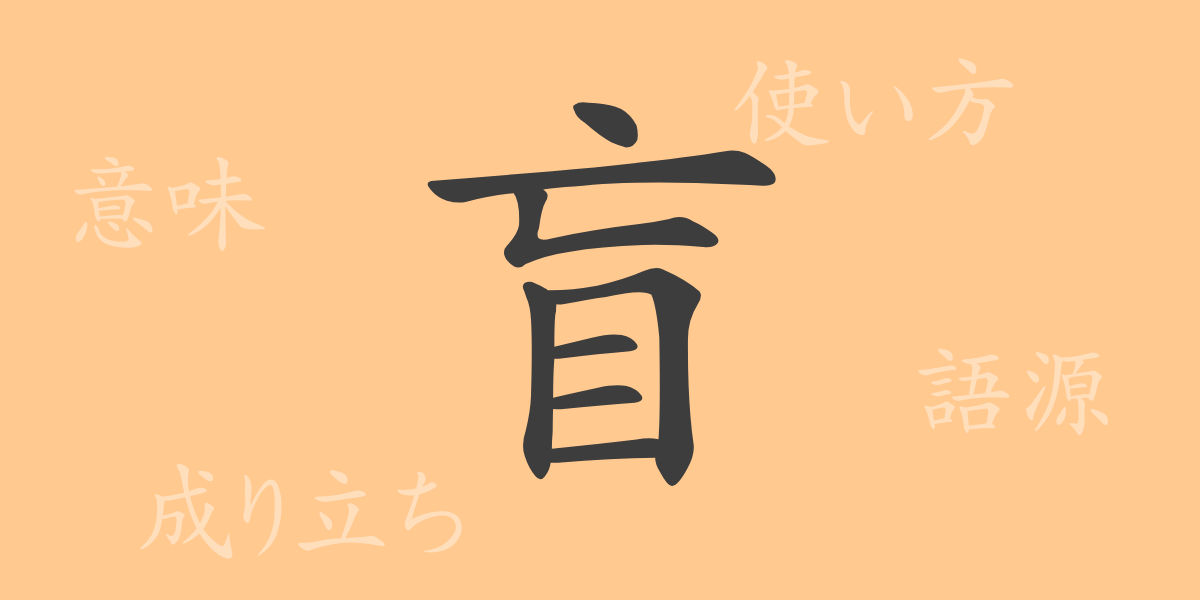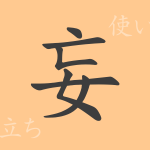The Japanese language is rich with kanji characters, each bearing its own unique history and meaning. The commonly used kanji “盲” (mou) is no exception. While it may not be frequently used in everyday life, its presence has influenced many aspects of culture and language throughout history. In this article, we delve into the origins, meanings, and uses of “盲” (mou), as well as related idioms and proverbs, to uncover its allure.
Origins of 盲 (mou)
The kanji “盲” (mou) traces its origins back to ancient China. Originally derived from the character “亡” (mou), which signifies death, it evolved to mean “blindness.” The character combines the radical for “eye” (目) with the character for “lose” (亡), symbolizing the non-functionality of the eyes.
Meanings and Uses of 盲 (mou)
“盲” (mou) refers to a state of blindness, indicating a person with visual impairment. Metaphorically, it can also mean an inability to perceive the essence or truth of matters. In usage, it appears in expressions like “盲目” (moumoku), denoting a state of being unable to see the truth, and “盲点” (mouten), referring to an overlooked crucial point.
Reading, Stroke Count, and Radical of 盲 (mou)
The kanji “盲” (mou) has the following characteristics:
- Reading: The on’yomi (音読み) is “モウ” (mou); there is no specific kun’yomi (訓読み).
- Stroke Count: It consists of 8 strokes.
- Radical: The radical is “目” (me, mehen), meaning “eye.”
Idioms, Proverbs, and Phrases Using 盲 (mou)
Here are some idioms, proverbs, and phrases that include “盲” (mou):
- 盲目 (moumoku) – A state of being unable to see the truth or believing something without bias.
- 盲点 (mouten) – An overlooked point or something not considered.
- 愛は盲 (ai wa mou) – A proverb meaning love makes one blind to the faults or flaws of the beloved.
Summary of 盲 (mou)
The kanji “盲” (mou) is widely used not only in direct references to visual impairment but also in metaphorical expressions, idioms, and proverbs. Symbolizing a state of blindness, “盲” (mou) teaches us about the depth of language, highlighting the blind spots we may have in perceiving the essence of things. Next time you encounter “盲” (mou) in daily life, remember the rich history and meanings behind it.

























